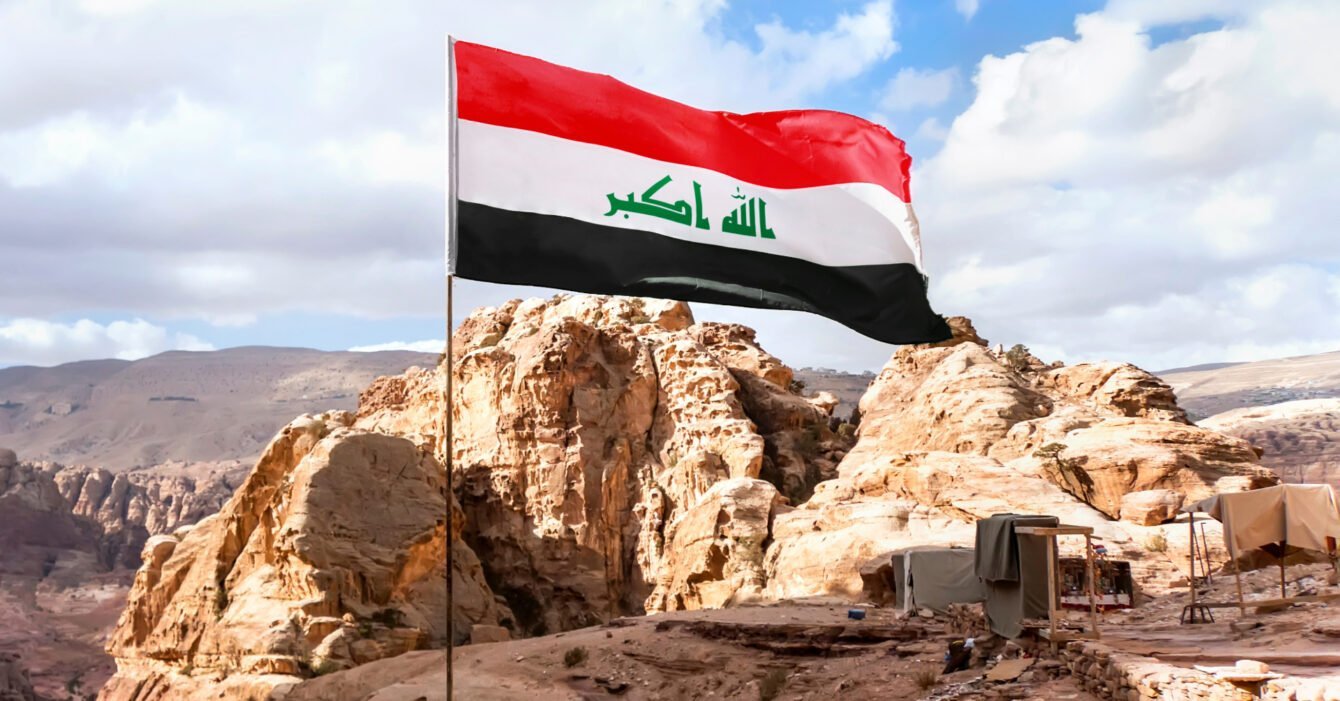Analyzing Economic Trends in Iraq for Q2 2024
The second quarter of 2024 has revealed significant shifts in the economic landscape of Iraq, showcasing both growth and challenges across various sectors. As Iraq continues to rebuild and develop its financial and industrial infrastructure, the Economic Trends in Iraq during this period highlight key areas of progress and potential investment opportunities. This article delves into the major economic trends observed in Q2 2024, based on data from the Iraq Securities Commission (ISC), offering insights into sectoral performances, market capitalization, and trading activities.
Key Sectoral Performances
During Q2 2024, the trading value in Iraq’s financial markets increased by 20.4%, reaching approximately 138.2 billion Iraqi dinars, up from 114.8 billion dinars in Q2 2023. This growth, as reported by the Iraq Securities Commission, was primarily driven by the banking sector, which continues to dominate the market. The banking sector’s trading value surged to 100.1 billion dinars, accounting for 72.4% of the total market value. This significant contribution underscores the central role of banking in Iraq’s economic recovery and stability.
Iraq Stock Market Performance, Q2 2024 vs Q2 2023
Indicators | Second Quarter of 2023 | Second Quarter of 2024 | Percentage Change (%) |
Trading Value (Million Dinars) | 114,779.5 | 138,185.7 | 20.4 |
Volume of Traded Shares (Million Shares) | 153,541.8 | 105,497.8 | -31.3 |
Transactions | 32,872 | 38,141 | 16.0 |
Market Capitalization (Million Dinars) | 16,533.316 | 19,682.884 | 19.0 |
Profits from preferred shares represented 34.2% of total traded shares, while dividends represented 26.7% of total traded value.
Iraq Stock Market Trading Value by Sector, Q2 2024 vs Q2 2023
Sectors | Second Quarter of 2024 (Million Dinars) | Second Quarter of 2023 (Million Dinars) | Percentage Change (%) | Percentage of Total for 2024 (%) |
Banking | 100,111.2 | 76,712.9 | 30.5 | 72.4 |
Industrial | 19,457.1 | 20,883.5 | -6.8 | 14.1 |
Telecommunications | 11,065.4 | 12,634.1 | -12.3 | 8.0 |
Hotels and Tourism | 5,770.3 | 2,507.7 | 130.1 | 4.2 |
Agricultural | 2,919.6 | 2,750.0 | 6.2 | 2.1 |
Services | 2,083.9 | 2,907.8 | -28.3 | 1.5 |
Insurance | 343.9 | 18.9 | 1719.5 | 0.2 |
Investment | 0.002 | 446.5 | -99.5 | 0.002 |
Total | 138,185.7 | 114,779.6 | 20.4 | 100 |
Source: Iraq Securities Commission (ISC) Q2 2024 Report
On the other hand, the industrial sector experienced a slight decline, with its trading value decreasing by 6.8% to 19.5 billion dinars. Despite this dip, the sector remains the second-largest contributor to the overall trading value, holding a 14.1% share. The telecommunications sector also saw a decline of 12.3%, with a trading value of 11.1 billion dinars. These declines reflect some of the challenges these sectors face in maintaining growth amidst a competitive and evolving economic environment.
Growth in Non-Traditional Sectors
Interestingly, sectors like hotels and tourism, as well as agriculture, demonstrated notable growth. The hotels and tourism sector witnessed a remarkable 130.1% increase in trading value, reaching 5.7 billion dinars. This surge indicates a growing interest in Iraq’s tourism potential, possibly driven by improving security conditions and efforts to attract foreign visitors and investors. The agricultural sector also recorded a modest growth of 6.2%, with a trading value of 2.9 billion dinars, highlighting the importance of food security and sustainable agriculture in the country’s economic agenda.
Challenges and Declines
Despite the overall positive trends, some sectors faced significant challenges. The services sector saw a substantial drop of 28.3% in its trading value, reflecting ongoing difficulties in stabilizing service-oriented industries. The investment sector, in particular, faced a sharp decline, with its trading value plummeting by 99.5%, virtually disappearing from the market. This drastic reduction indicates potential issues in attracting and retaining investment, which could be a critical area of focus for policymakers and economic planners.
Market Capitalization and Trading Volume
Market capitalization during Q2 2024 also saw a significant increase, rising by 19.0% to 19.682 billion dinars. This growth reflects an increase in investor confidence and the overall valuation of companies listed on the Iraq Stock Market. However, the volume of traded shares decreased by 31.3%, indicating that while the value of trades has risen, the number of shares exchanged has declined. This could suggest a shift towards higher-value transactions and a more cautious approach by investors in terms of trading volume.
Conclusion
The Economic Trends in Iraq for Q2 2024, as detailed in the Iraq Securities Commission’s report, paint a picture of a market that is evolving, with certain sectors showing strong growth while others face challenges. The banking sector remains the cornerstone of Iraq’s economic activity, but emerging sectors like tourism and agriculture are beginning to show promise. As Iraq continues to navigate its post-conflict recovery, these trends highlight both the opportunities and challenges that lie ahead. For investors and businesses, understanding these dynamics is crucial for making informed decisions and capitalizing on Iraq’s economic potential.

